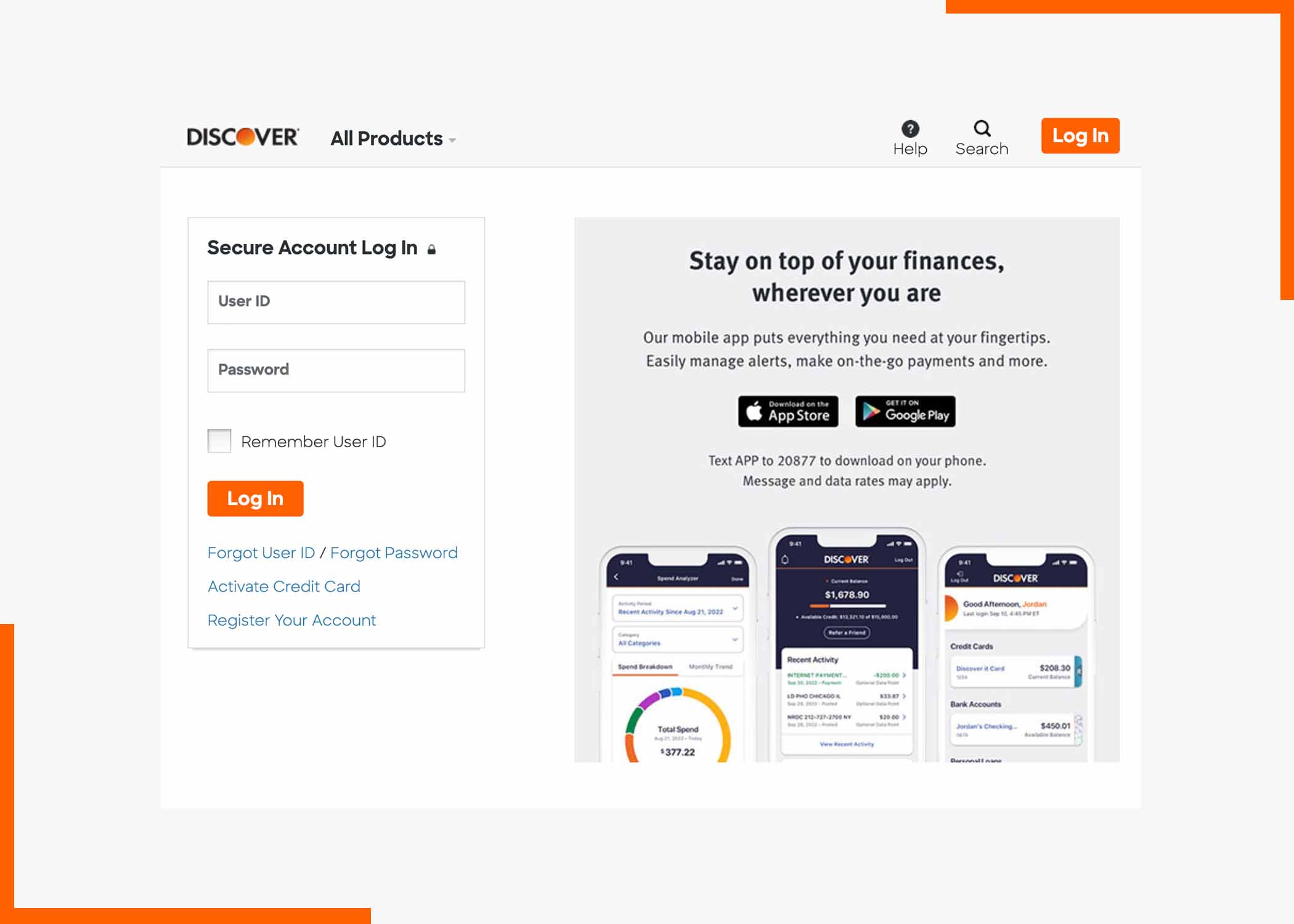This is a guide on a checklist when starting a business in South Africa. So, if you have a business you want to start, read to the end. Starting a business in South Africa requires careful planning and dedication to specific regulations to ensure a smooth and legal establishment.
This checklist serves as a guide for entrepreneurs looking to initiate their ventures in the country. From registration procedures to compliance with tax obligations, it covers essential steps to help navigate the complexities of starting a business in South Africa.
South Africa, with its diverse and dynamic economy, offers a fertile ground for entrepreneurial ventures. All businesses start with an idea, but you will need more than just an idea to make it a reality.

It takes proper planning, scaling, budgeting, research, and many options to make it work. By following this checklist, entrepreneurs can ensure they address key aspects such as legal requirements, permits, and financial considerations, setting a solid foundation for their business endeavours in this dynamic and promising market.
13 Checklist for Starting a Business in South Africa
Whether you’re a resident or an international investor, this checklist will guide you through the essential steps of starting a business in South Africa;
1. Market Research
First, you must begin by conducting thorough market research to understand the demand for your product or service. Identify your target audience, analyze competitors, and assess market trends to ensure there is a viable market for your business.
2. Define your Selling Point
When making a business plan, you need to define what makes your business different from its competitors. If you’re looking to have investors, then you should sum it up and memorize it for them.
3. Business Idea and Plan
Clearly define your business idea and outline a detailed business plan. This should include information on your business concept, target market, competition analysis, marketing strategy, financial projections, and operational plan. A well-thought-out business plan is crucial for attracting investors and guiding your business decisions.
4. Legal Structure and Registration
Choose a legal structure for your business, such as a sole proprietorship, partnership, private company, or public company. Register your business with the Companies and Intellectual Property Commission (CIPC) following South African laws.
5. Tax Registration
After registering, you should obtain a tax number for your business from the South African Revenue Service (SARS). This is essential for complying with tax regulations and fulfilling your tax obligations.
6. Permits and Licenses
Determine the specific permits and licenses required for your business. Different industries may have varying regulatory requirements, so check with local authorities and relevant government departments to ensure compliance.
7. Banking and Finances
Open a business bank account to separate personal and business finances. Choose a reputable bank and ensure you have the necessary documentation, including your business registration documents and tax number.
8. Insurance
Protect your business by acquiring the appropriate insurance coverage for it even before you start. This may include liability insurance, property insurance, and other industry-specific policies. It is one of the important things to add to your checklist when planning to start a business in South Africa.
9. Location and Premises
If your business requires physical premises, carefully choose a location that aligns with your target market and business needs. For this decision, you should consider factors such as accessibility, foot traffic, and zoning regulations.
10. Technology and Infrastructure
Set up the necessary technology infrastructure for your business. This includes securing reliable internet services, establishing a digital presence through a website and social media, and implementing any industry-specific technology requirements.
11. Hiring and Human Resources
If your business requires employees, familiarize yourself with South Africa’s labour laws and regulations. Develop job descriptions, establish fair employment practices, and ensure compliance with labour standards.
12. Marketing and Branding
Create a comprehensive marketing strategy to promote your business. Then, establish a strong brand identity, including a memorable logo and consistent branding elements. Utilize digital marketing, social media, and traditional advertising methods to reach your target audience.
13. Network and Partnerships
Build a network within your industry and explore potential partnerships. Networking events, industry conferences, and business associations can provide valuable connections and opportunities for collaboration.
Conclusion
Embarking on the journey of starting a business in South Africa requires careful planning, adherence to regulations, and a commitment to excellence. By following this comprehensive checklist, you’ll be well-equipped to navigate the complexities of entrepreneurship and lay a solid foundation for the success of your business.
We would be more than happy to hear your thoughts and suggestions on this post, so kindly use the comments below. Also, don’t forget to share this post with your friends across your social media platforms.


